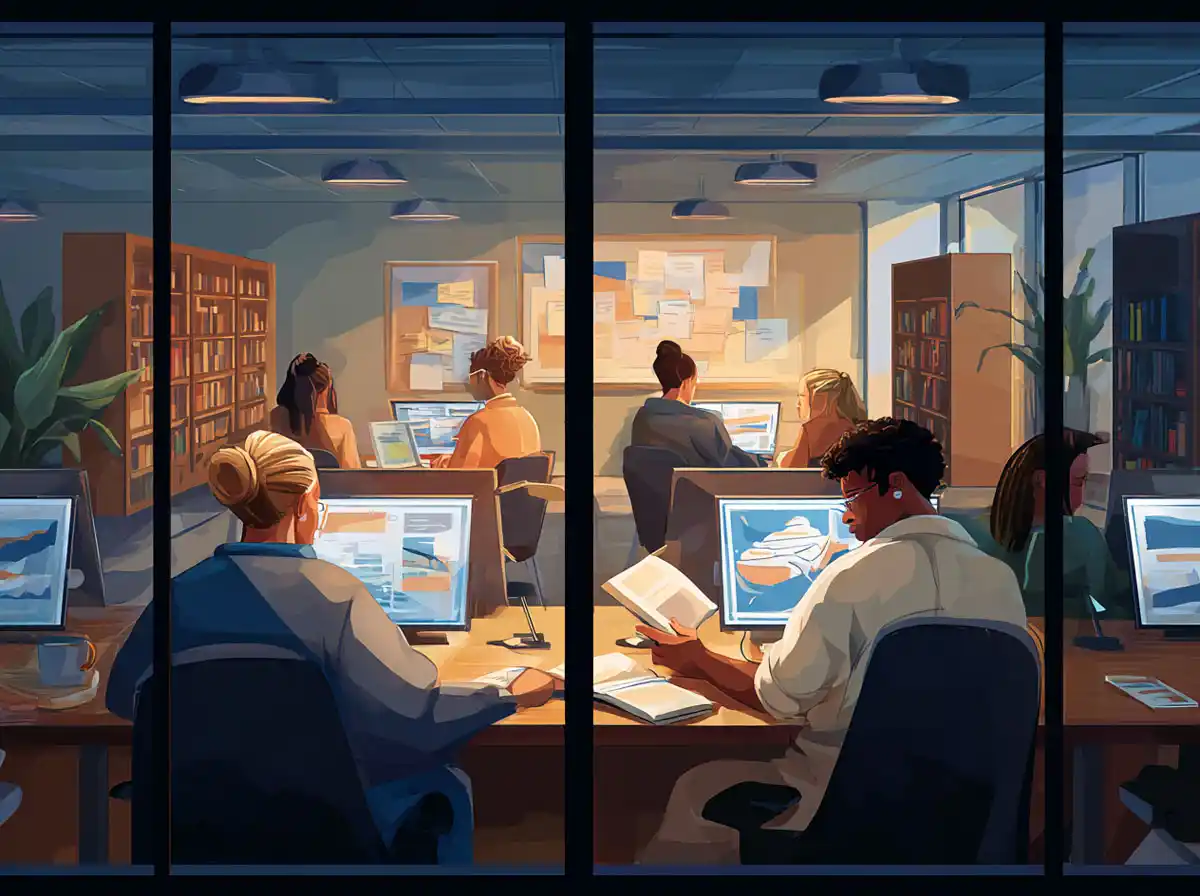未来の時制を使った文法演習では、予定や意図、予測など、未来に関連する様々な状況を想定します。本演習では、それぞれの文脈に合わせた適切な未来の時制を選び、空欄を埋めることで文法力の向上を目指します。英語における未来の表現方法を確実なものにしていきましょう。
未来時制の選択
Tomorrow, I *will go* (go) to the new museum they just opened downtown.
By this time next year, they *will have completed* (complete) the construction of the new bridge.
I *am meeting* (meet) my friends at the cafe at 3 PM.
Look at those dark clouds. It *is going to rain* (rain) soon.
Our team *is playing* (play) against the champions next weekend.
Don’t worry about dinner tonight; I *will make* (make) something special for us.
The conference *starts* (start) at 9 o’clock sharp, so don’t be late.
By the time you arrive, the movie *will have already started* (already start).
According to the forecast, it *is going to be* (be) very cold tomorrow.
This time tomorrow, I *will be lying* (lie) on a beach in Hawaii.
Wait here until I *come back* (come back).
I doubt he *will finish* (finish) the report by the deadline.
The scientists *are presenting* (present) their findings at the conference next month.
He *is going to propose* (propose) to her on Valentine’s Day.
They *will not accept* (not accept) the proposal if it is not beneficial for them.
未来時制の形成
I *will be attending* (attend) the meeting remotely, as I am out of town then.
Do you think they *will agree* (agree) to our terms?
The plants *are going to die* (die) if you don’t water them regularly.
By 2050, researchers *will have discovered* (discover) a cure for the disease.
Give me a call when you *are going to leave* (leave) and I’ll meet you.
Next week, we *will be celebrating* (celebrate) our company’s 10th anniversary.
They *will not have arrived* (not arrive) by 8 PM, so we can start the movie without them.
We *will be studying* (study) new environmental policies in next month’s course.
She *is going to perform* (perform) at the charity event next Sunday.
The book I ordered *will arrive* (arrive) tomorrow, according to the shipping information.
If you need anything, I *will be upstairs* (be upstairs).
He *is going to become* (become) a professional athlete, I’m sure of it.
As soon as the new law *comes into* (come into) effect, we will see major changes.
They *will be discussing* (discuss) the merger in tomorrow’s board meeting.
Look at the queue; we *are not going to get* (not get) in for hours.










